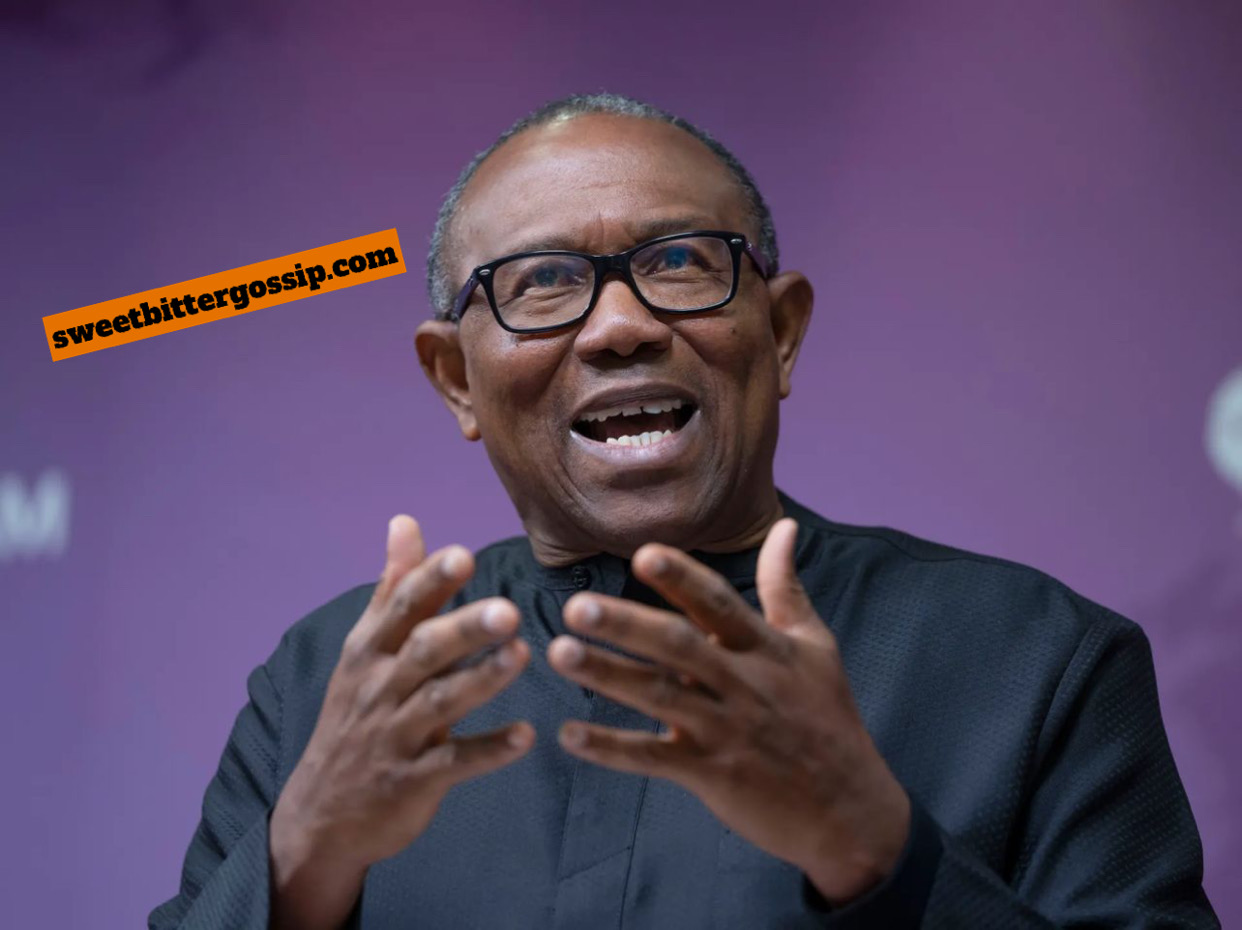Peter Obi has strongly criticized the voice vote used by the Nigerian Senate and House of Representatives to approve the State of Emergency declaration on Rivers State by President Bola Tinubu on March 18.
In a post shared on X this morning, Obi stated that the parliamentary vote held yesterday clearly demonstrates that democracy, in its true sense, does not exist in Nigeria. He argued that without a functional opposition, democracy cannot thrive, and Nigeria’s system remains flawed.
He highlighted how lawmakers frequently defect from the parties they contested under to another party without losing their seats. According to Obi, this practice weakens democracy, erodes party discipline, and makes a mockery of the electorate’s will. He described Nigeria’s current system as “transactional, compromised, and, in many respects, resembling organized criminality.”
The former Anambra State governor warned that unless Nigeria urgently implements reforms to enforce party discipline and ensure fair representation, the country’s democracy will remain fragile and dysfunctional.
The Importance of Opposition in a Democracy
Obi emphasized that opposition is a critical pillar of any democratic system. It ensures that the ruling party is held accountable, policies are debated, and alternative viewpoints are considered. However, for opposition to function effectively, there must be a system of proportional representation, which exists in countries like South Africa and Indonesia.
For example, in South Africa, the National Assembly has 400 seats. The African National Congress (ANC) received about 40% of the votes, securing 160 seats, while the Democratic Alliance (DA), with 20% of the votes, holds around 80 seats, alongside several other parties. Those who contested the presidential election remain the leaders of their parties, ensuring fair representation.
Similarly, in Indonesia, laws prevent elected officials from switching parties without forfeiting their seats. This measure upholds party discipline, preserves the integrity of the electoral system, and ensures that elected officials remain accountable to the electorate.
A Flawed Political System in Nigeria
Obi argued that if Nigeria had a proportional representation system, the current Senate—comprising 109 seats—would reflect electoral realities. He estimated that the APC should hold 44 seats, the PDP 33 (under Atiku’s leadership), and the Labour Party 27 (under his leadership). Similarly, the House of Representatives should have 144 APC members, 108 PDP members, and 90 Labour Party members. However, this is not the case due to politicians defecting freely without consequences.
He warned that this lack of accountability and discipline significantly weakens the opposition, undermines Nigeria’s democratic institutions, and erodes public trust in governance. Without reforms, Obi believes that Nigeria will remain stuck in a system that serves selfish political interests rather than the people.
A Call for Urgent Reforms
Obi called for immediate reforms to:
• Enforce party discipline and prevent defection.
• Ensure fair representation through proportional representation.
• Strengthen opposition parties to create a more accountable and transparent government.
He concluded by affirming his commitment to democracy, stating:
“We will not surrender to criminality. We shall continue to fight for democracy—genuine democracy.”

